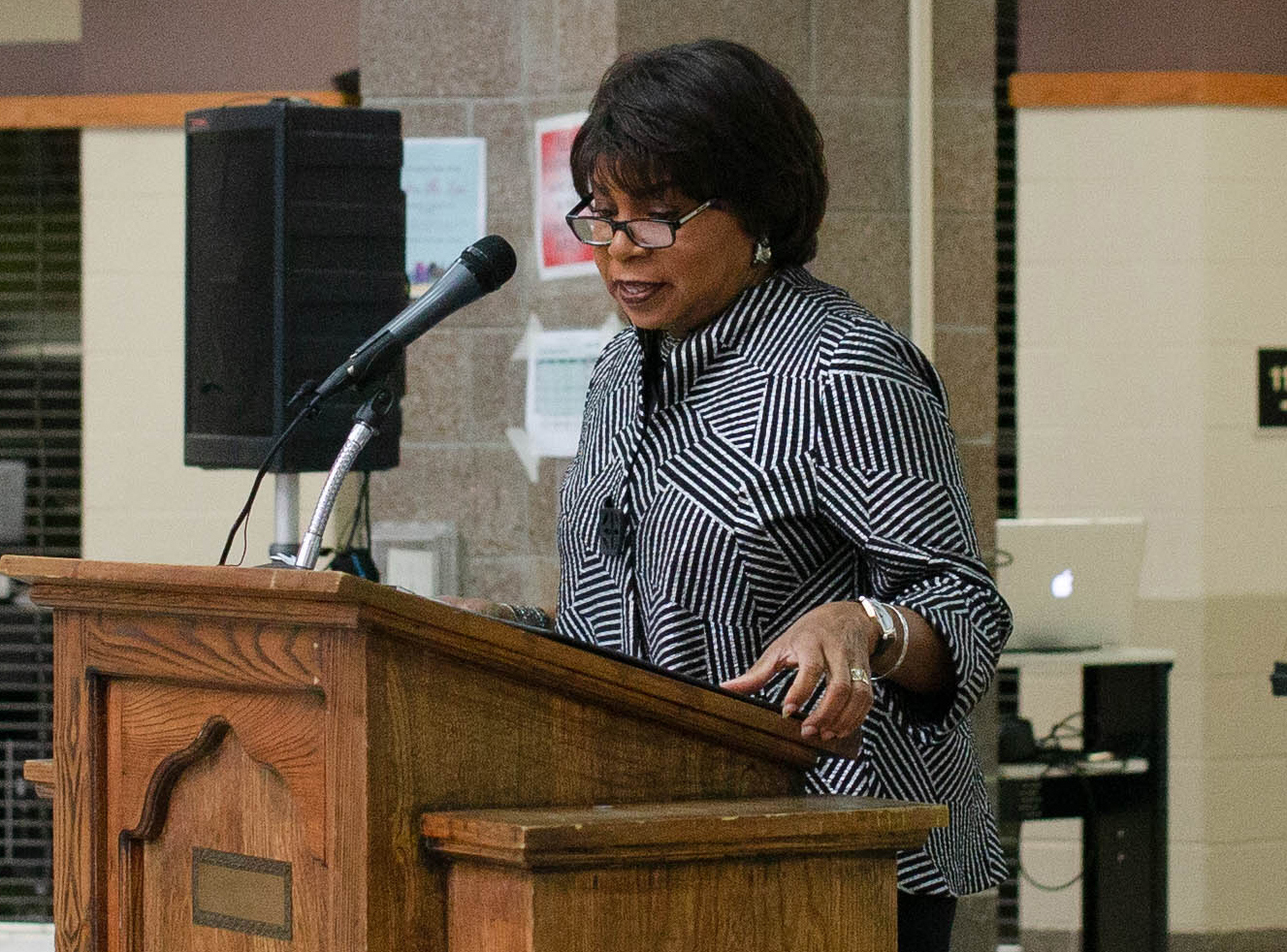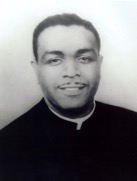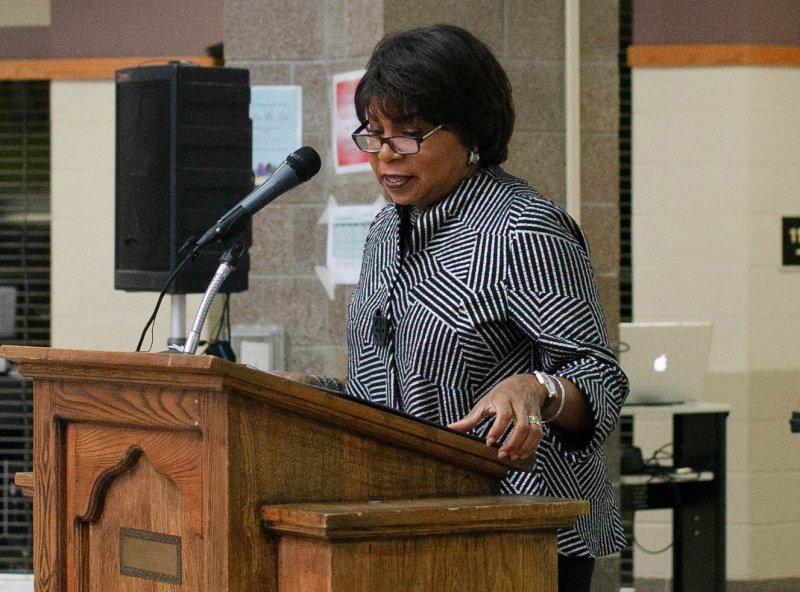 The swelling pride of the Springfield community was undeniably in the air the evening of Aug. 19 as Cheryl Brown Henderson joined community leaders and Drury University to commemorate the legacy of her father, civil rights leader and former Benton Avenue A.M.E. Church pastor Rev. Oliver Brown.
The swelling pride of the Springfield community was undeniably in the air the evening of Aug. 19 as Cheryl Brown Henderson joined community leaders and Drury University to commemorate the legacy of her father, civil rights leader and former Benton Avenue A.M.E. Church pastor Rev. Oliver Brown.

Before moving his family to Springfield to pastor the church in 1959, Rev. Brown was the namesake of Brown v. the Board of Education, the landmark 1954 U.S. Supreme Court decision that ended legal racial segregation in American schools. He died at the age of 42, in 1961.
Brown Henderson is the founding president of the Brown Foundation for Educational Equity, Excellence and Research, which works to preserve the legacy of the Brown decision.
Linda Brown Thompson, Rev. Brown’s oldest daughter who was the child at the center of Brown, graduated from Central High School shortly before her father died. She died this past March at the age of 75.
The event, titled “Celebrating the Legacy: Commemorating the 100th Birthday of Rev. Oliver Brown” began in the Central High School atrium with a series of speakers, including business owner and Missouri State University professor Lyle Foster, Drury President Tim Cloyd and minister Gwen Marshall. Former City Councilman and local civil rights leader Denny Whayne was in attendance.


Brown Henderson left an indelible impression upon those in attendance at the event. She shed personal light on her father, a family man committed to taking care of his wife and children.
Brown Henderson reminded the audience that her father was an ordinary person who did not set out to make history. She explained that history came knocking on his door when he was asked to be the lead plaintiff in the five cases consolidated by the U.S. Supreme Court under Brown v. Board of Education.
She said that her father never met Supreme Court Justice Thurgood Marshall, nor was he a member of the NAACP. Her words gave you room to ponder the actions of ordinary people accomplishing extraordinary things.
Brown Henderson urged the young people in attendance to write their own story, “because if you don’t, someone else will,” she said. With passion in her voice she said, “we have come a long way,” and she stressed the importance of getting involved in social issues and voting. The more than 200 people in attendance gave Brown Henderson a standing ovation as she concluded her speech and took her seat.

Springfield Mayor Ken McClure honored the Brown family by proclaiming Aug. 19 as Rev. Oliver Brown Day in Springfield.
Following the program at Central, the event moved one block south to Benton Avenue African Methodist Episcopal (A.M.E.) Church, which was established in 1872 and played a major role in serving the city’s black community. The cornerstone of the current building was laid in 1922 and the building was named to the National Register of Historic Places in 2001.
The church will be one of about 20 sites on the recently announced Springfield-Greene County African-American Heritage Trail.
Rev. Dr. Karla Cooper led a deconsecration ceremony, which decommissioned the church as a sacred space so Drury can reuse the building as an academic and teaching space in honor of Rev. Brown. Drury purchased the building in 2014 following the end of services there in 2013.
“I am honored by this opportunity to represent my family as well as the attorneys, community activists and several hundred plaintiffs in the five cases consolidated by the U.S. Supreme Court under the heading of Brown v. Board of Education,” Brown Henderson said, before the event. “This is an opportunity to recognize the courage of ordinary people who would not be denied their constitutional rights. Their efforts profoundly impacted the lives of every citizen and influenced human rights struggles around the world.”


